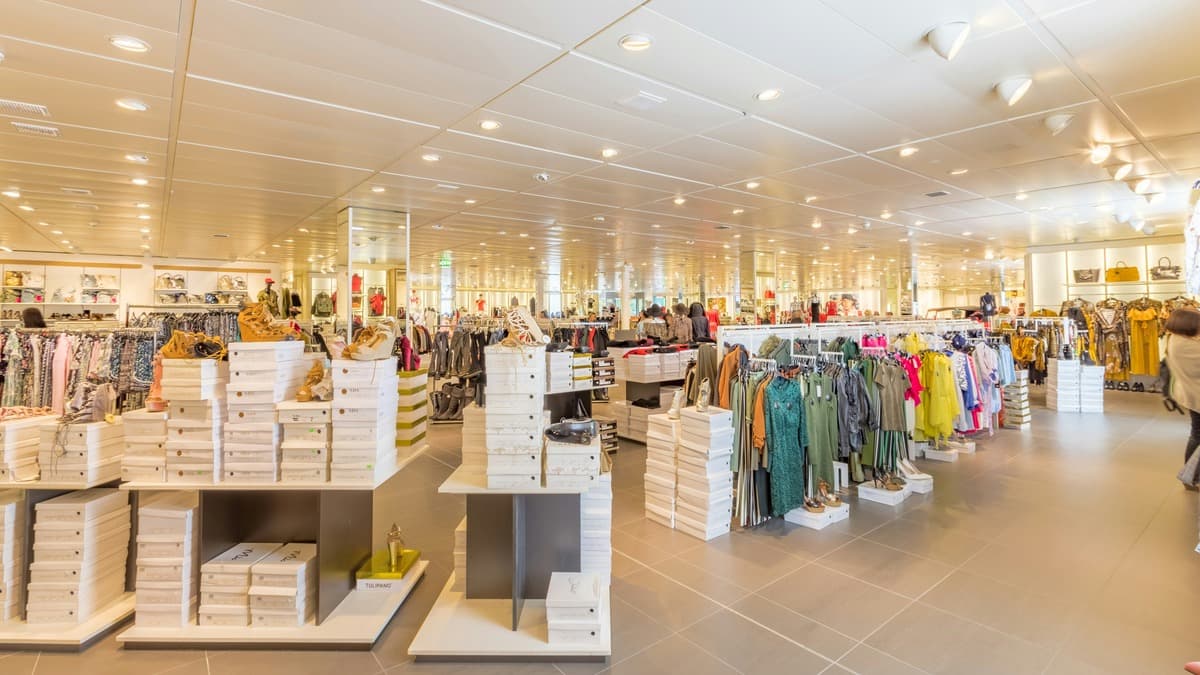With how much marketers may have heard about Retail Media Networks (RMNs), it’s tempting to tune out.
But with PwC forecasting an increase in value from $850 million to $2.14 billion in just the next five years, retail media holds the potential to drive more relevant offers and more meaningful experiences for shoppers.
IAB Europe recently released a detailed chart mapping how Europe’s RMNs stack up against one another; while Australia has yet to get its own version, marketers must be thinking ahead to make sure they’re working with RMN leaders here.
Why retail media networks matter now
First-party data presents itself as a necessity to help advertisers more effectively connect consumers with personalised and relevant ads, against a more privacy-conscious ecosystem and regulations. However, many brands don’t have a lot of first-party data on their customers – this is especially true for FMCGs, who have traditionally generated revenue through retailers, not direct relationships with their customers.
RMNs offer a solution to change this dynamic. In starting these networks, retailers have recognised their value to advertisers as data holders, both of a wealth of first-party customer data from a deep history of interactions, as well as up-to-date data about purchases and conversions via their checkouts. RMNs offer an opportunity for FMCG to leverage the insights offered by this data in a privacy-conscious way, through data collaboration.
Already, almost all of Australia’s retail leaders have established their own RMNs in recent years. In turn, brands have responded enthusiastically.
As the Australian market grows, marketers can expect to see more sophisticated RMN options for them to choose from. The challenge for FMCG brands will be remaining savvy to innovation within the sector, and choosing leaders to work with, both to get the most value out of their data collaborations, as well as to treat their data – and their customers – with the utmost care and privacy.
What FMCG brands should consider
While most FMCGs will be working across a portfolio of RMNs – and not just linked with a solo retailer – they must be savvy about not just prioritising the networks that give them the most reach, but also the networks that offer the capabilities and collaboration to help FMCGs drive the most insights, and therefore the most value.
At the investment stage, FMCGs need to reshape their marketing budgets and build out retail media investment as its own bucket. After all, RMNs are a distinct – and new – tool, and omitting separating RMN investments out from trade marketing, or other categories, will hinder driving maximum investment towards this transformational category. Within RMN investments, FMCGs should also be mindful of the physical/digital balance. While most retail sales still happen in-store, FMCGs may want to prioritise digital depending on their specific objectives or sales mix.
At the heart of any FMCG’s retail media strategy should be an awareness of how different sales and audience objectives map across the different capabilities of each network. Just as with retailers, RMNs don’t sync well with a “one-size-fits-all” approach. Instead, FMCGs should look for those that have a suite of options that best fit their needs.
As the RMN ecosystem continues to develop and mature, FMCGs would also do well to monitor industry-wide developments, and ensure that their preferred network partners stay at the cutting edge. For example, we can expect to see more standardisation introduced across audience definitions and measurement metrics, as agnostic partners that support tech stacks demand more interoperability. As brands find the need to work across more retail partners, interoperability will be a key step towards driving business value.
The muscles that led FMCGs to be on the cutting edge of Australia’s burgeoning RMN sector will serve brands well in keeping them at the cutting edge. Just as innovation brought our ecosystem to this point, it’s innovation that will continue to drive us forward – there’s no reason to settle for RMNs that aren’t delivering the capabilities, and the value, that you need.
Keep up to date with our stories on LinkedIn, Twitter, Facebook and Instagram.

